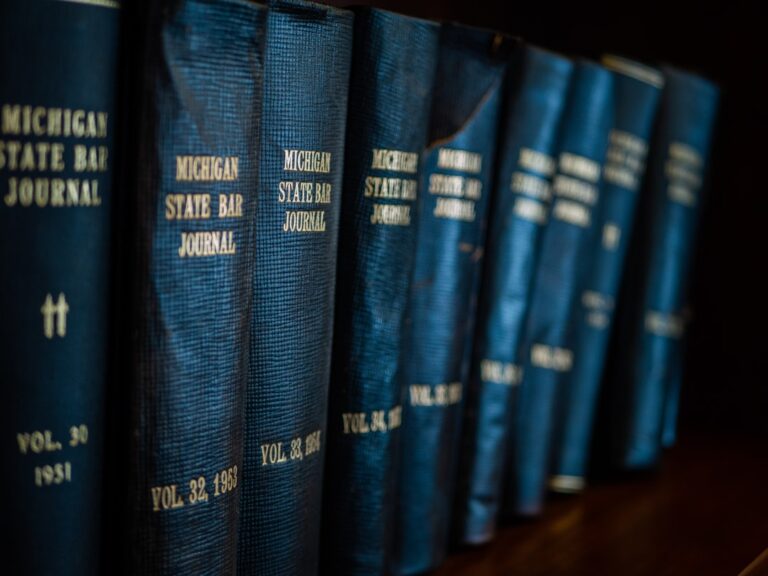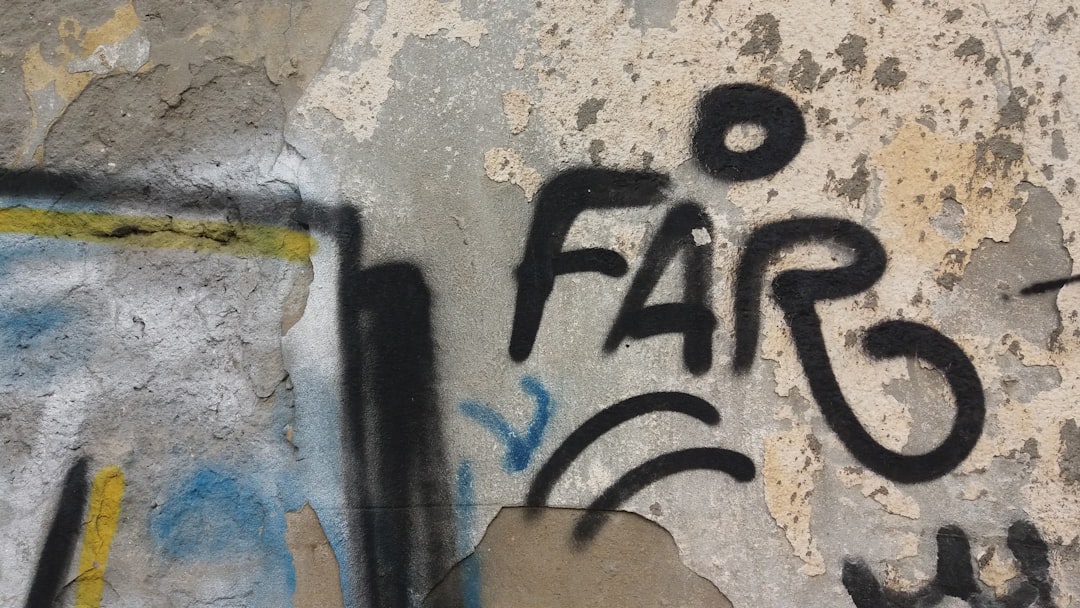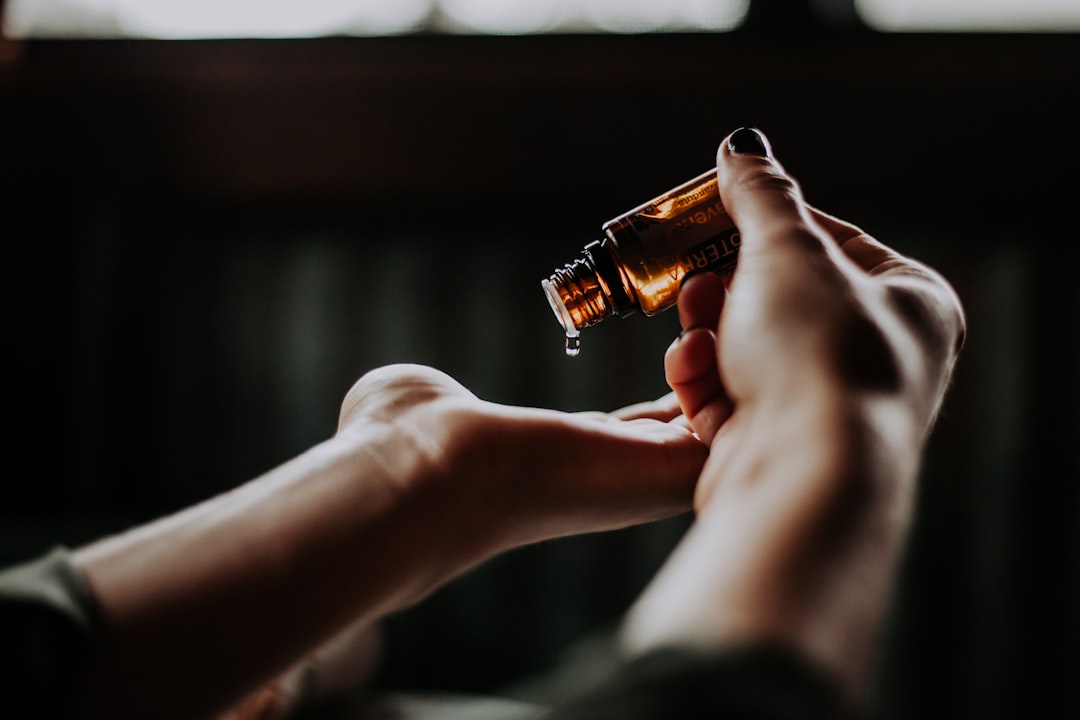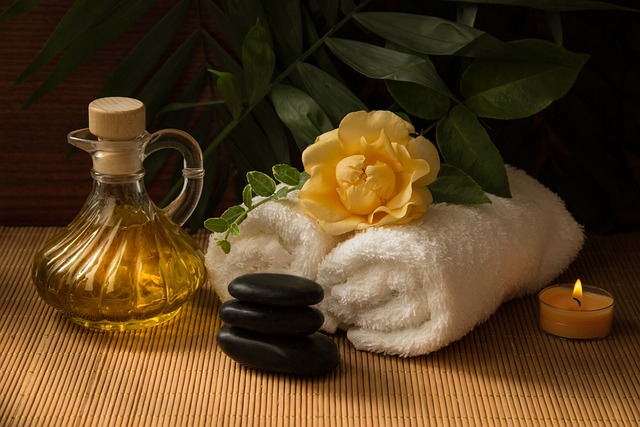Safety protocols, including consent forms, privacy, infection control, and emergency procedures, are vital for Denver's massage industry to protect clients and therapists from abuse. Reputable therapists should be trained in these guidelines, boundary setting, and communication. Mandatory staff training, clear reporting mechanisms, and swift responses are needed to prevent and address cases. Engaging a massage abuse lawyer Denver CO ensures legal recourse and justice, driving safety standards and upholding ethical practices.
In Denver’s thriving wellness scene, fostering a safe environment within the massage industry is paramount. This comprehensive guide explores the critical aspects of ensuring client security and therapist well-being. From understanding safety protocols specific to Colorado to navigating legal considerations, we delve into strategies to prevent and address potential massage abuse cases. By implementing robust measures and staying informed about Denver’s legal landscape, businesses can protect their clients and therapists alike, fostering a trusted environment for healing. For expert advice tailored to the Denver CO area, consult a massage abuse lawyer.
Understanding Massage Therapy Safety Protocols in Denver

Understanding safety protocols is paramount for fostering a secure environment within Denver’s massage industry. Colorado, including Denver, has strict regulations in place to protect clients and therapists alike from potential massage abuse. These protocols cover various aspects, from consent forms and client privacy to infection control and emergency procedures. Therapists must be well-versed in these guidelines, ensuring every session adheres to the highest safety standards.
A reputable massage therapist in Denver should be able to demonstrate knowledge of these protocols, including proper body mechanics to prevent injury, use of sterile equipment, and handling of sensitive client information. Additionally, having an open dialogue about boundaries and comfort levels during each session empowers both parties, creating a safe space where clients feel heard and respected, reducing the risk of massage-related abuse or misconduct.
Preventing and Addressing Potential Massage Abuse Cases

Creating a safe environment in Denver’s massage industry involves proactive measures to prevent and address potential massage abuse cases. It is crucial for businesses, employees, and clients alike to be vigilant and well-informed about red flags that may indicate abusive behavior. Training sessions on customer service and boundaries should be mandatory for all staff, equipping them with the skills to recognize and de-escalate tense situations.
For instances where massage abuse occurs, having a clear protocol in place is essential. This includes immediate reporting mechanisms and a swift response from management or law enforcement, if needed. Engaging the services of a reputable massage abuse lawyer in Denver, CO, can provide victims with legal recourse and ensure justice is served. Such lawyers specialize in navigating complex legal systems to protect victims’ rights and deliver resolutions that promote industry-wide safety standards.
Legal Considerations for Denver Massage Businesses: Protecting Clients and Therapists

Denver’s massage industry, while offering relaxation and therapeutic benefits, must also prioritize client safety and protect against potential massage abuse. Business owners and therapists alike have a legal obligation to ensure a safe environment. This includes understanding and adhering to Colorado’s licensing and regulation laws for massage therapy practices.
Employing qualified and licensed therapists reduces the risk of massage abuse. Additionally, implementing clear consent processes, establishing professional boundaries, and fostering open communication channels are essential precautions. In the unfortunate event of malpractice or client misconduct, having an experienced massage abuse lawyer in Denver CO can help protect the rights of both clients and therapists, ensuring fair outcomes and maintaining the integrity of the industry.






